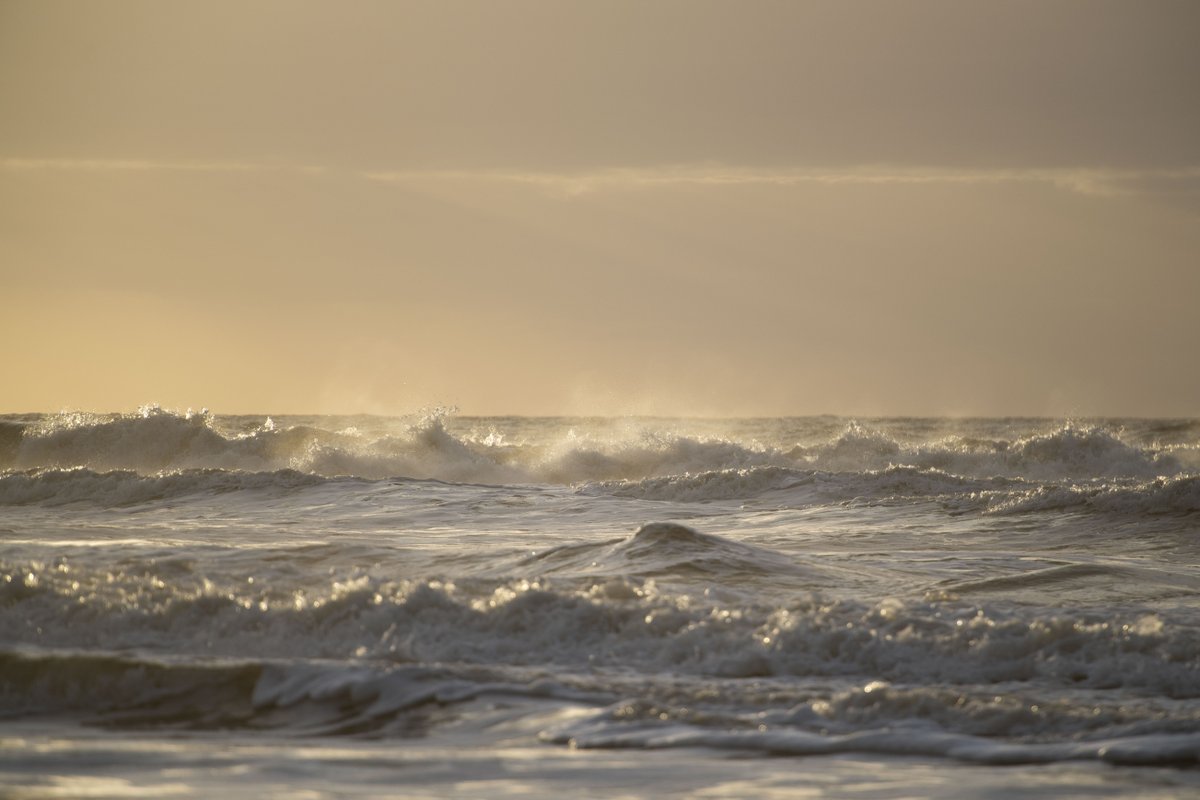int-res.com/articles/meps_…
Or, at least, still remember the earlier pursuit.
This was in the mid-1990s.
Our story: washingtonpost.com/graphics/2019/…


Get real-time email alerts when new unrolls are available from this author!
Twitter may remove this content at anytime, convert it as a PDF, save and print for later use!

1) Follow Thread Reader App on Twitter so you can easily mention us!
2) Go to a Twitter thread (series of Tweets by the same owner) and mention us with a keyword "unroll"
@threadreaderapp unroll
You can practice here first or read more on our help page!





